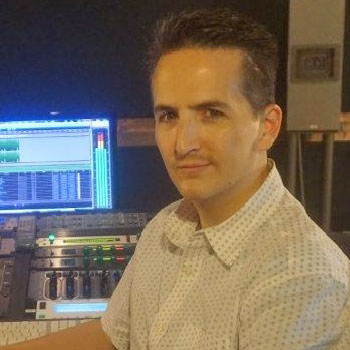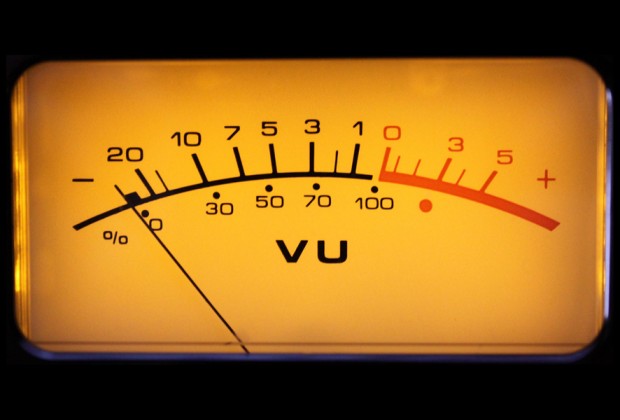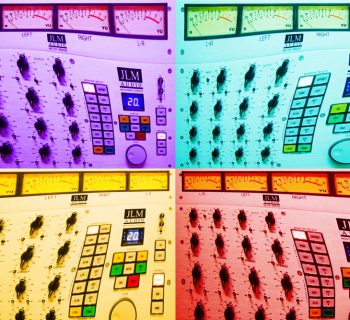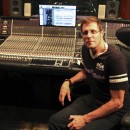Do not even think of recording or mixing your next record until you’ve taken the time to digest the expert mastering advice in the following interviews. (Especially if you’re thinking of mastering to vinyl!) The four experienced mastering engineers in these roundtable-style interviews will save you time and money—and avoid the headaches and frustration that can result from ignorance and poor preparation.

Warren Sokol
Company: Universal Mastering (umusic.com)
Clientele: The Band Perry, Demi Lovato, Imagine Dragons
Sokol began his career in Phoenix, AZ, in his small home studio. With the aim of turning out the best sounds possible, he bought a few pieces of mastering gear and found that he had a talent for it. He launched a studio proper and then six years ago relocated to Los Angeles landing a job as a tape archiver with Universal Mastering. Six months later a full-time production engineer position opened up and he leapt at it. Sokol now works alongside Pete Doell, head of mastering at Universal and featured in one of our previous mastering roundtables.
What are some of the biggest challenges facing emerging mastering engineers?
Getting a good room and monitoring is number one. When I started out, I bought an EQ and a compressor thinking it would make everything sound better. But it doesn’t quite work that way. Aside from great gear and a good room, you need to be able to deal with people and find out what their vision is. Are they looking to have you make their mix bigger or to leave it alone? Sometimes the mixes are great and you don’t want to mess them up. Learning where to go ahead and where not to do too much, that’s something that takes time to understand.
What have been your favorite technical developments of the past few years?
There’ve been companies recently making digitally controlled analog equipment. The audio path is analog but it has digital control components. I have a compressor that has a digital side chain. The part of the compressor that determines what it’s going to do to the audio is digital. So it can do things that regular audio compressors can’t but at the same time the signal path is all analog. Nothing is ever converted to digital until I want it to be. Dave Hill Designs has a compressor called Titan, which is great.
Have you ever had a difficult relationship with a mix engineer?
Sometimes you’ll have an artist who wants one thing, the producer or mix engineer is looking for something else and they’re all talking through me. That can get a little hairy. But dealing with it varies from person to person.
What’s the difference between cutting a vinyl version of a CD and actually mastering tracks specifically for vinyl?
I don’t master for vinyl, but I have been in vinyl mastering sessions. The real difference is that vinyl has physical limitations. You can only put so much bass on it, otherwise it’ll cut the groove too wide and you can’t get the whole side on there.
Same goes for volume level. If it’s too loud, it’ll cut too deep. Not only does that increase the width of the groove, but it can cut right through the vinyl. Too much treble and the cutter head can blow up. It’s all about maximizing the width and depth of the groove while trying to make it sound the same.
How can artists and labels cut costs?
If it’s the first time they’re doing it, it’s a good idea to contact the [mastering] studio a few weeks in advance and have the engineer listen to their mixes. The other thing is organization. We sometimes spend an hour going through mixes to find the correct one. The artist could have done that at home. Time in mastering studios is expensive.
What are the advantages and limitations of working with artists online?
You can work a lot faster and get more consistent results when the client doesn’t attend. Mainly because you end up talking and making minor tweaks [when they do]. The advantage for the client is that it doesn’t cost them as much. The disadvantage is the personal disconnect. If I have a question, I can’t just turn around and ask. I have to write an email or make a call and that can delay the project for a few hours.
Are all engineers able to master for vinyl?
No. It takes a long time to learn that art. Vinyl being a physical medium, and every piece of music being different, you have to know all the nuances of making it sound the same when you cut it into a piece of plastic.













